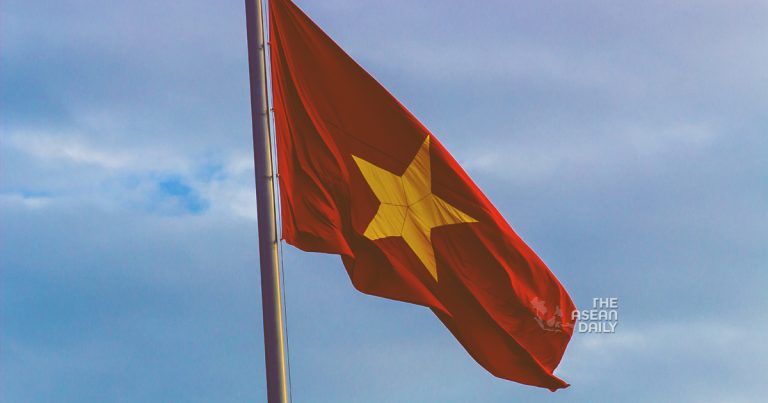14-6-2024 (HANOI) In a move that could potentially deliver a significant blow to the country’s beverage industry, the Vietnamese Finance Ministry has unveiled a draft proposal to substantially increase the special consumption tax levied on alcoholic drinks. The proposed tax hike aims to raise the rates to an eye-watering 100 per cent by the year 2030, according to a statement released by the ministry.
The ministry’s ambitious plan outlines a gradual escalation of the tax burden, with the special consumption tax on beer and strong liquor set to climb to 70-80 per cent by 2026 before reaching the targeted 90-100 per cent range four years later. This represents a stark increase from the current rate of 65 per cent.
Justifying the move, the finance ministry cited the necessity of curbing alcohol consumption as a driving force behind the proposed tax hikes. “Levying high tax rates is necessary to help reduce consumption of alcoholic drinks,” the ministry stated in its proposal.
The proposed tax increases are expected to have a significant impact on pricing, with the ministry forecasting a 20 per cent surge in alcoholic beverage and beer prices by 2026 compared to 2025 levels. Furthermore, prices are projected to continue rising by an additional 2-3 per cent annually, contingent on inflation rates.
The country’s beer industry, already reeling from the effects of Vietnam’s stringent drink-driving law implemented in 2019, which enforces a zero-alcohol limit for drivers, is bracing for further challenges. Last year alone, industry revenue plummeted by 11 per cent, while profits plunged by a staggering 23 per cent, according to estimates by the Beer – Alcohol – Beverage Association.
The potential ramifications of the tax hike were swiftly reflected in the stock market, with shares of Sabeco, Vietnam’s largest brewer, experiencing a 3.96 per cent decline on Friday morning following the ministry’s proposal.
In addition to the proposed tax increases on alcoholic beverages, the finance ministry has also set its sights on raising the special consumption tax rates for soft drinks and cigarettes, although specific details regarding these products were not provided in the statement.




